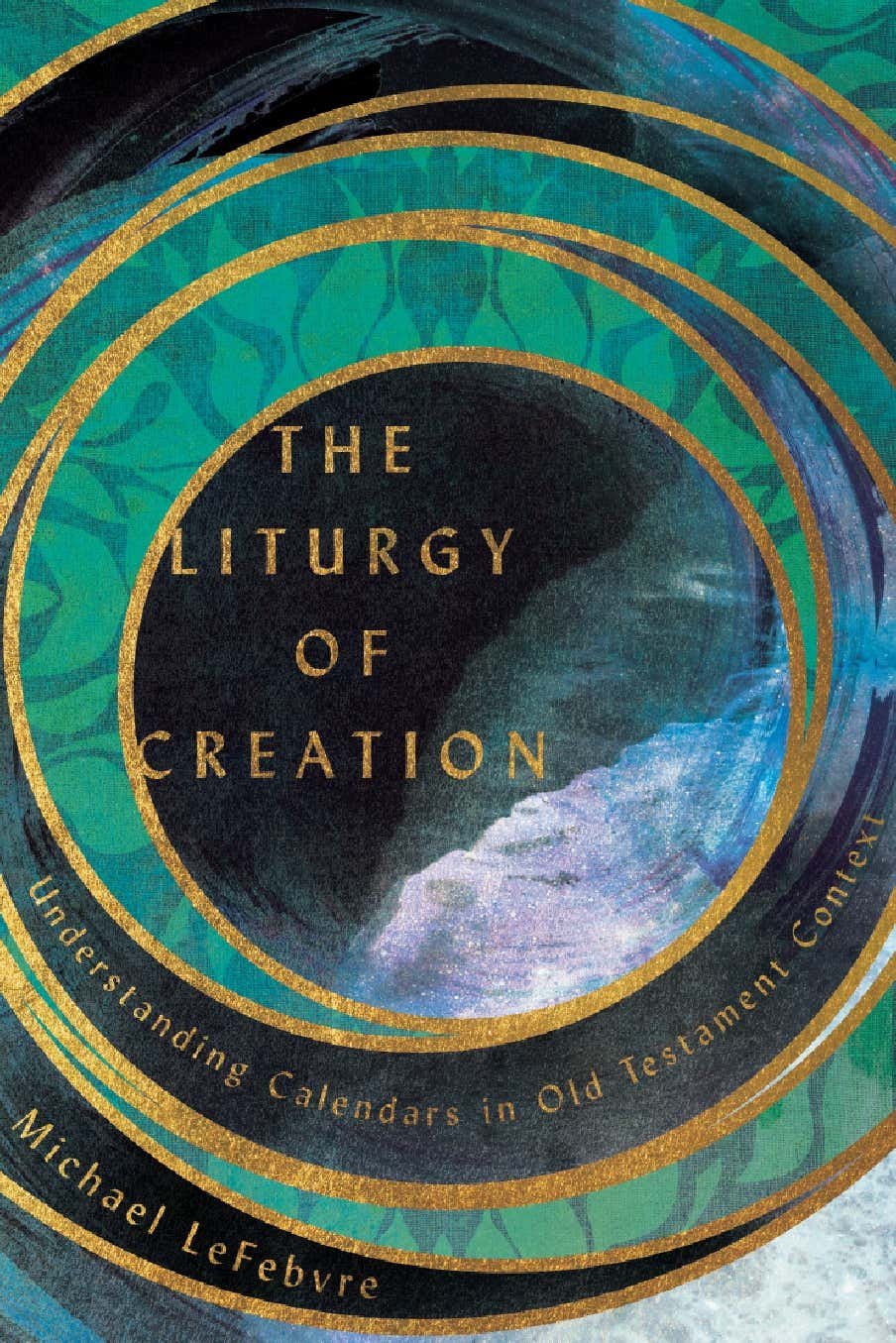“Every scribe who has been trained for the kingdom of heaven is like a master of a house, who brings out of his treasure what is new and what is old.”
Matthew 13:52
Bible Books
Articles sorted by books of the Bible, as well as recommended resources & commentaries.
Topics
Articles sorted by topic, including biblical theology and practical application of Scripture.
GET NOTIFIED ABOUT NEW ARTICLES
Recent Articles
When it comes to modern English translations of 1 Timothy 3:4-5—a critical passage for male rule in the home and church—this is a mark on the NASB, a black eye for the ESV, and a huge win for the KJV and NKJV.
The pastors described in Isaiah 56 seek their own good at the expense of the sheep, they do not possess the knowledge needed to guide the sheep, and they do not do the hard work of warning and protecting the sheep.
It is hard to think that the apostle who authored Hebrews was unfamiliar with Jesus’ teachings in the Gospels, including His teaching on judgment in Matthew 25.
Paul believed that the prophetic passages established in the Old Testament found their fulfillment in the New Testament people of God.
Do not imitate faith in Christ with hypocritical, temporary faith. But imitate those who through genuine faith inherit the promises.
If you are stuck in spiritual infancy, then you must be weaned.
The good news is that Jesus Christ underwent temptation just like you—as one who was fully human. So we can look to Him for help.
It is of great significance that Paul restates the Fifth Commandment for the new covenant church. While the commands in this passage are clear, there are also some conclusions related to covenant theology that “by good and necessary consequence may be deduced” (WCF 1.6).
Instead of v. 11 speaking of female deacons, the alternative explanation is that Paul has lesser requirements for women because they do not actually hold office.
One way to express our trust in God is by working hard. We seize the opportunities for work that the Lord has set before us.
My goal is to briefly explain the passage, refute feminist objections, and provide some points of application, particularly regarding women teaching.
While God in Habakkuk 2 pronounces judgment on the nation of Babylon, Jesus in Matthew 23 pronounces judgment on the nation of Israel.
An appeal to Isaiah 58:13 would be an appeal to Jewish covenant-breaking—and this fits the context of Ephesians 2:3.
Christ “put off” His body on the cross, in which God “put off” spiritual rulers and in which Christians have “put off” the old unregenerate self and its sinful deeds.
Jesus Christ is the promised Messiah of the Old Testament—prophet, priest, and king.
Jesus did come back prior to the apostles going through all of the towns in Israel, in the form of judgment which befell Jerusalem in AD 70.
We now worship on the 8th day in commemoration of the resurrection of our Lord Jesus Christ.
The continuing obligation of the Ten Commandments—including the Fourth Commandment—is the expectation of the Bible and the majority position of the Reformed churches.
In its broad sense, the Second Commandment regulates the entirety of how we worship God.
Did this medium really bring Samuel back to life, or was this some kind of demonic imposter?
This is a wonderful example of the Lord’s mercy toward those who repent from the sins of their fathers.
A broader understanding of choten as a relative by marriage in Judges 1:16 and 4:11 helps make sense of Numbers 10:29.
Rebellion against God—including those He has placed in authority—is spiritual whoredom that leads to judgment.
The practice of Rome and the Orthodox requiring some or all clergy to be celibate goes well beyond the teaching of the Bible.
I appreciate the promotion of Sabbath practice, but I find LeFebvre’s treatment of Old Testament history to be lacking.
Narrow views of 1 Corinthians 14:34-35 have opened the door to minimizing the force of 1 Timothy 2:8-15.
Jesus came to free us from slavery to sin, so that we may instead become slaves of God and slaves to others.
The Sabbath stands in stark contrast to the “burdens” of Egyptian slavery
Genesis does not tell us what Abraham believed about Yahweh prior to his call, so we have to go elsewhere for this information.
































We baptize our babies and train them unto the knowledge of the Lord that He promised in this new covenant.